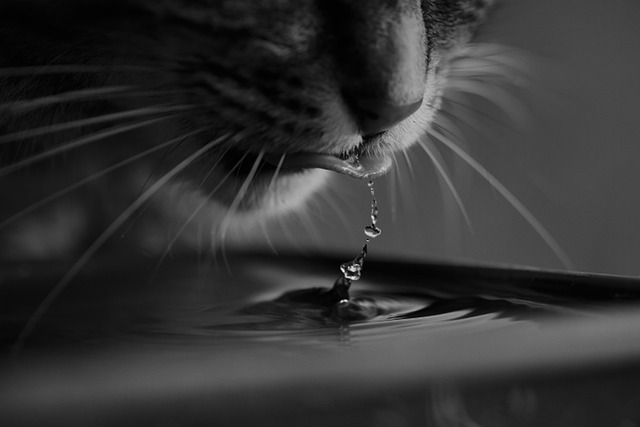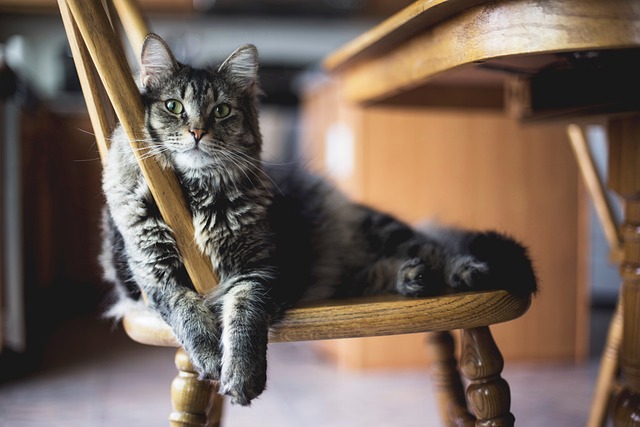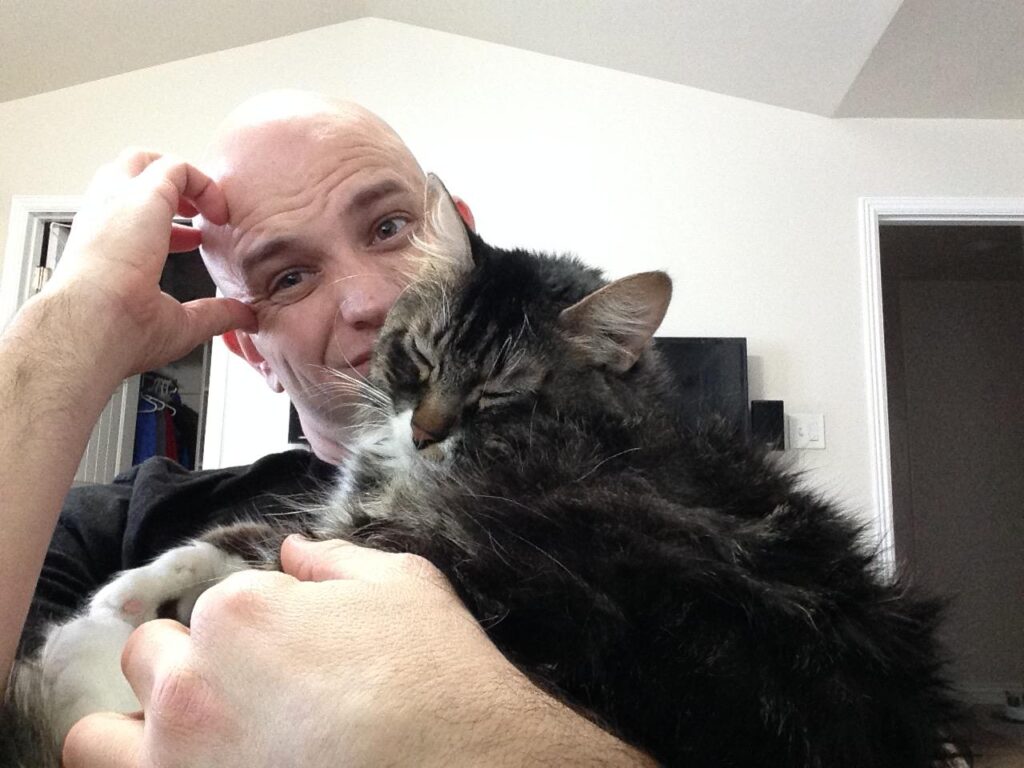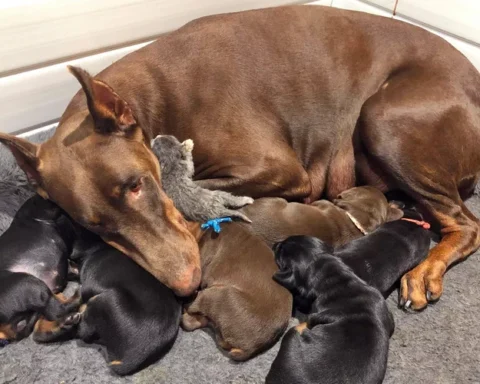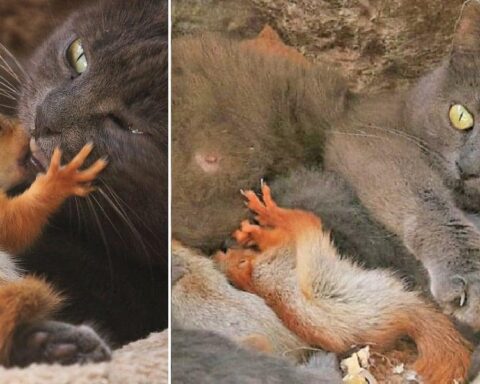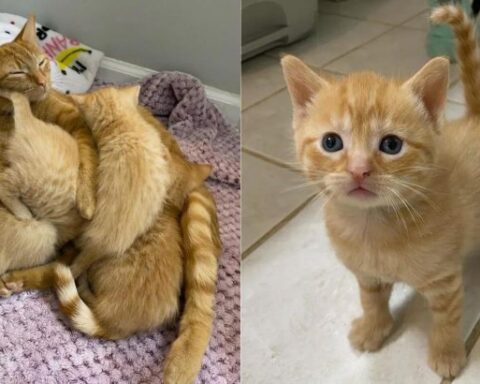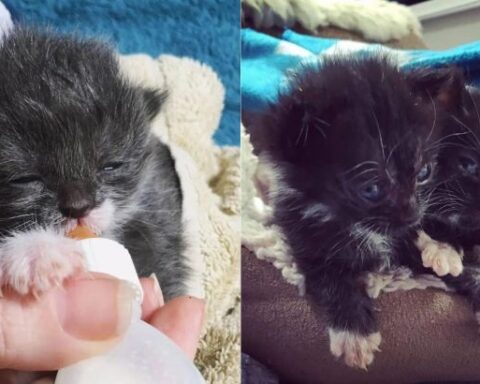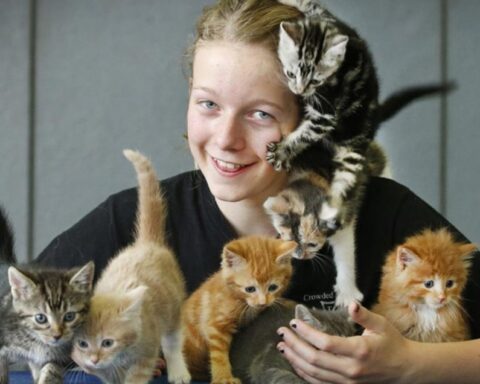Proper hydration is a linchpin in maintaining the health and vitality of your feline companion. As a conscientious cat owner, comprehending the pivotal role of hydration and ensuring access to fresh water are paramount for supporting various bodily functions and staving off potential health issues. This guide delves into the significance of hydration for cats and provides practical tips to encourage ample water intake.
The Role of Hydration in Cat Health:
- Adequate hydration is indispensable for supporting physiological processes in cats, including digestion, nutrient absorption, and temperature regulation.
- Water plays a crucial role in maintaining kidney function, preventing urinary tract issues, and promoting overall organ health.
The Daily Water Requirement for Cats:
- Cats’ water needs vary based on factors such as age, weight, diet, and overall health.
- On average, a cat requires approximately 1 ounce of water per pound of body weight per day, although individual needs may differ.
Providing Fresh and Clean Water:
- Ensure your cat has access to clean and fresh water at all times, as cats are more likely to drink water if it is clean and odor-free.
- Regularly clean your cat’s water bowl to prevent the buildup of bacteria and contaminants.
Encouraging Hydration through Wet Food:
- Wet cat food, with its higher moisture content, contributes to overall hydration.
- Consider incorporating wet food into your cat’s diet or adding water to dry kibble to increase moisture intake.
Investing in a Cat Fountain:
- Cats are often attracted to running water; investing in a cat fountain can encourage increased water consumption.
- The flowing water is appealing to cats and may entice them to drink more frequently.
Monitoring Water Intake:
- Pay attention to your cat’s water intake habits. Changes in drinking behavior, such as excessive drinking or a sudden decrease, may signal underlying health issues.
Addressing Dietary Factors:
- Dry cat food generally contains less moisture than wet food. If your cat primarily consumes dry food, compensate by providing ample fresh water.
Individualized Hydration Needs:
- Some cats may have preferences for the type of water bowl or its location. Experiment with different bowls and placements to discover your cat’s preferences.
Recognizing Signs of Dehydration:
- Watch for signs of dehydration, including lethargy, dry gums, or reduced skin elasticity. Seek veterinary attention promptly if dehydration is suspected.
Regular Vet Check-ups:
- Include hydration in discussions during routine veterinary check-ups. Your vet can assess your cat’s overall health and hydration status.
Prioritizing hydration is a cornerstone of responsible cat ownership. By comprehending the importance of water intake, providing fresh and appealing water sources, and monitoring your cat’s habits, you contribute to their overall health and well-being. For personalized advice on your cat’s hydration needs, consult with your veterinarian, who can provide tailored guidance. Embrace the journey of ensuring your cat stays well-hydrated, fostering a vibrant and healthy life.

